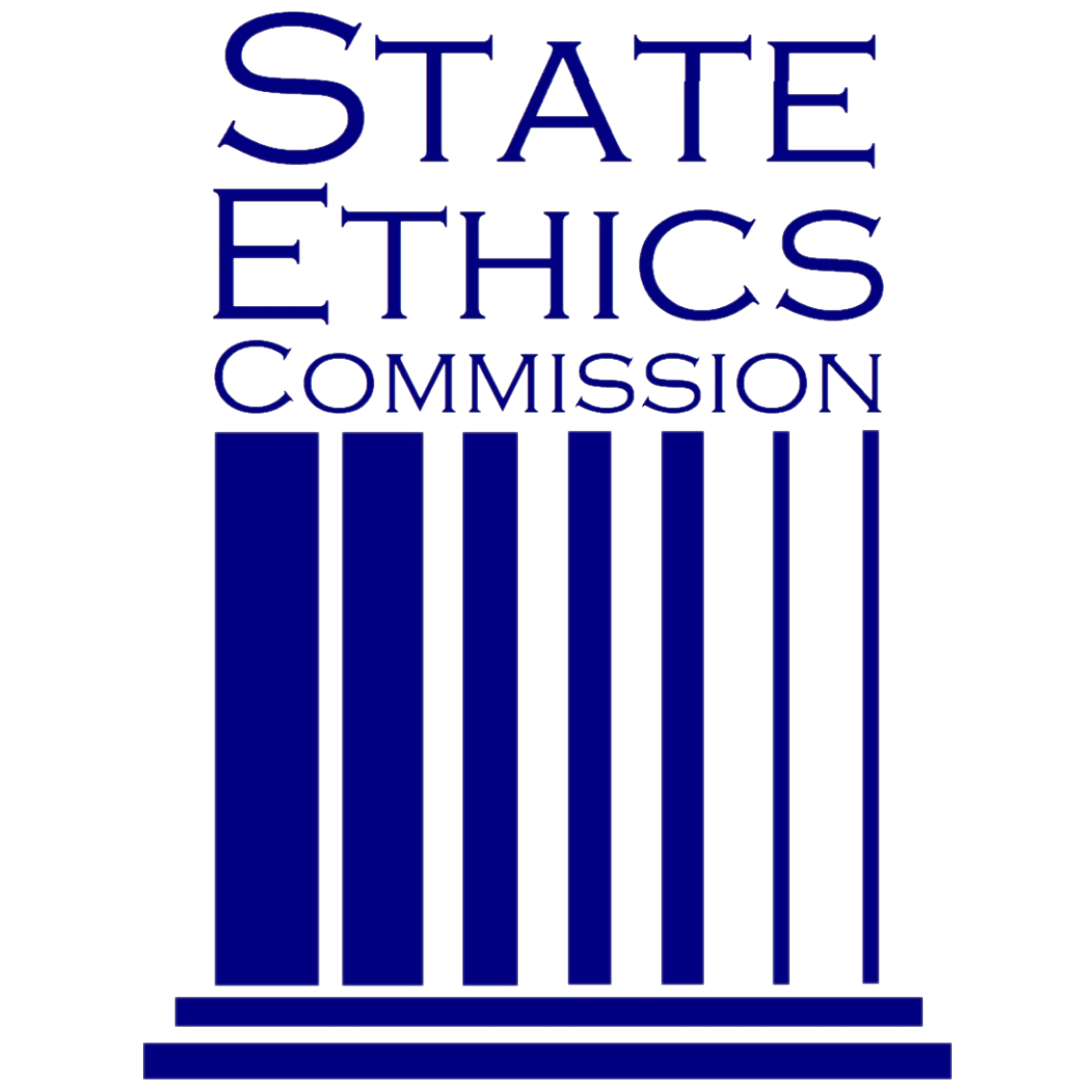- David A. Wilson, Executive Director
Media Contact
Gerry Tuoti, Public Information Officer
Boston, MA — Former Blackstone Selectman Daniel Keefe has paid a $4,500 civil penalty for violating the conflict of interest law by, as a selectman, discussing proposed stipends and pay raises for town employees including his spouse, and later criticizing a town investigation into his actions. Keefe signed a Disposition Agreement in which he admitted to the violations and waived his right to a hearing.
In 2020, after the town was awarded $822,252 in federal CARES Act funding, the town administrator proposed using a portion of the funds to award stipends and pay raises to certain town employees including Keefe’s spouse, then the director of the Blackstone Senior Center and Council on Aging. The town administrator proposed that Keefe’s spouse receive a $2,000 stipend and $2,000 raise. When the Board of Selectmen discussed the town administrator’s proposal, Keefe suggested an alternative proposal in which his spouse would receive a $2,500 stipend and $6,000 raise. Keefe had been previously advised by the State Ethics Commission not to participate in any matters in which his spouse had a financial interest and informed that participation includes discussing a matter.
Later in 2020, the town engaged a law firm to investigate the actions of some employees relating to the proposed stipends and raises. The law firm concluded Keefe violated the conflict of interest law by acting as a selectman regarding a matter in which his spouse had a financial interest, and recommended the Board of Selectmen provide the investigation report to the State Ethics Commission. When the law firm presented the investigation report at a Board of Selectmen meeting, Keefe, as a selectman, repeatedly criticized the report.
The conflict of interest law prohibits public employees from participating as such in matters in which they or their immediately family have a financial interest. Keefe violated this prohibition by participating as a selectman in discussing a proposal that would affect his spouse’s compensation. Keefe also violated this prohibition by, as a selectman, criticizing the investigation report because he knew he had a financial interest in the referral of the report to the State Ethics Commission, as a finding by the Commission that he had violated the conflict of interest law could result in his having to pay civil penalties.
The Commission encourages public employees to contact the Commission’s Legal Division at 617-371-9500 for free advice if they have any questions regarding how the conflict of interest law may apply to them.
###
